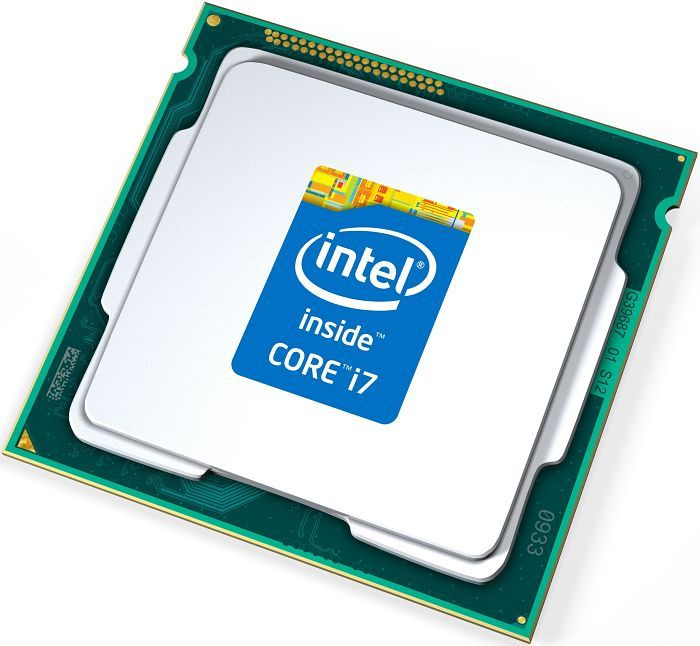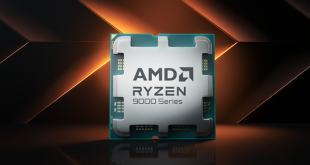Although Intel Corp. had to delay introduction of its code-named “Broadwell” central processing units by about a year because of poor yields, the world’s largest chipmaker has no plans to delay launch of its next-generation “Skylake” chips or slow-down its ramp up. The company will start volume shipments of its new CPUs, as announced, in the second half of 2015.
“We are not going to slow Skylake down,” said Brian Krzanich, chief executive officer of Intel, during a conference call with investors and financial analysts. “We said it will be a second half of this year, I do not want to slow it down because it brings a lot of innovation, a lot of new capability to this market.”
Platforms based on the “Skylake” microprocessors are really going to bring a lot of new technologies to the market. For example, the new Intel 100-series chipsets will bring support for SATA Express storage interface, which will boost performance of solid-state drives and will drive demand for more advanced SSDs. In addition, new mobile platforms featuring “Skylake” chips will sport wireless charging, WiGig and other technologies, which will boost demand for new tablets, 2-in-1s and notebooks. In addition, the “Skylake” chips will support DDR4 memory.
While the co-existence of “Broadwell” and “Skylake” processors on the market will make the life of Intel’s partners much harder, it looks like the chipmaker believes that it is more important to bring new technologies to the market than to keep the market stable.
Keeping in mind that both “Broadwell” and “Skylake” microprocessors are made using exactly the same 14nm fabrication process, for Intel it is easy to switch between the two. All the company has to do is to “change the piece of glass in the scanner to get a different product.”
Discuss on our Facebook page, HERE.
KitGuru Says: A good thing is that Intel clearly wants to stay on the path of innovation and to bring new technologies to the market despite of all difficulties. Unfortunately, early “Skylake” samples feature very low clock-rates, which means that from general-purpose processing performance standpoint there will be no improvements.
 KitGuru KitGuru.net – Tech News | Hardware News | Hardware Reviews | IOS | Mobile | Gaming | Graphics Cards
KitGuru KitGuru.net – Tech News | Hardware News | Hardware Reviews | IOS | Mobile | Gaming | Graphics Cards




Price of Ivy Bridge chip will crashed down rapidly due to newer products coming out which is good for me…
price will remain the same. intel never changes